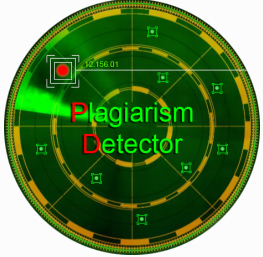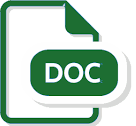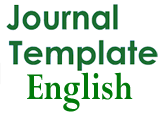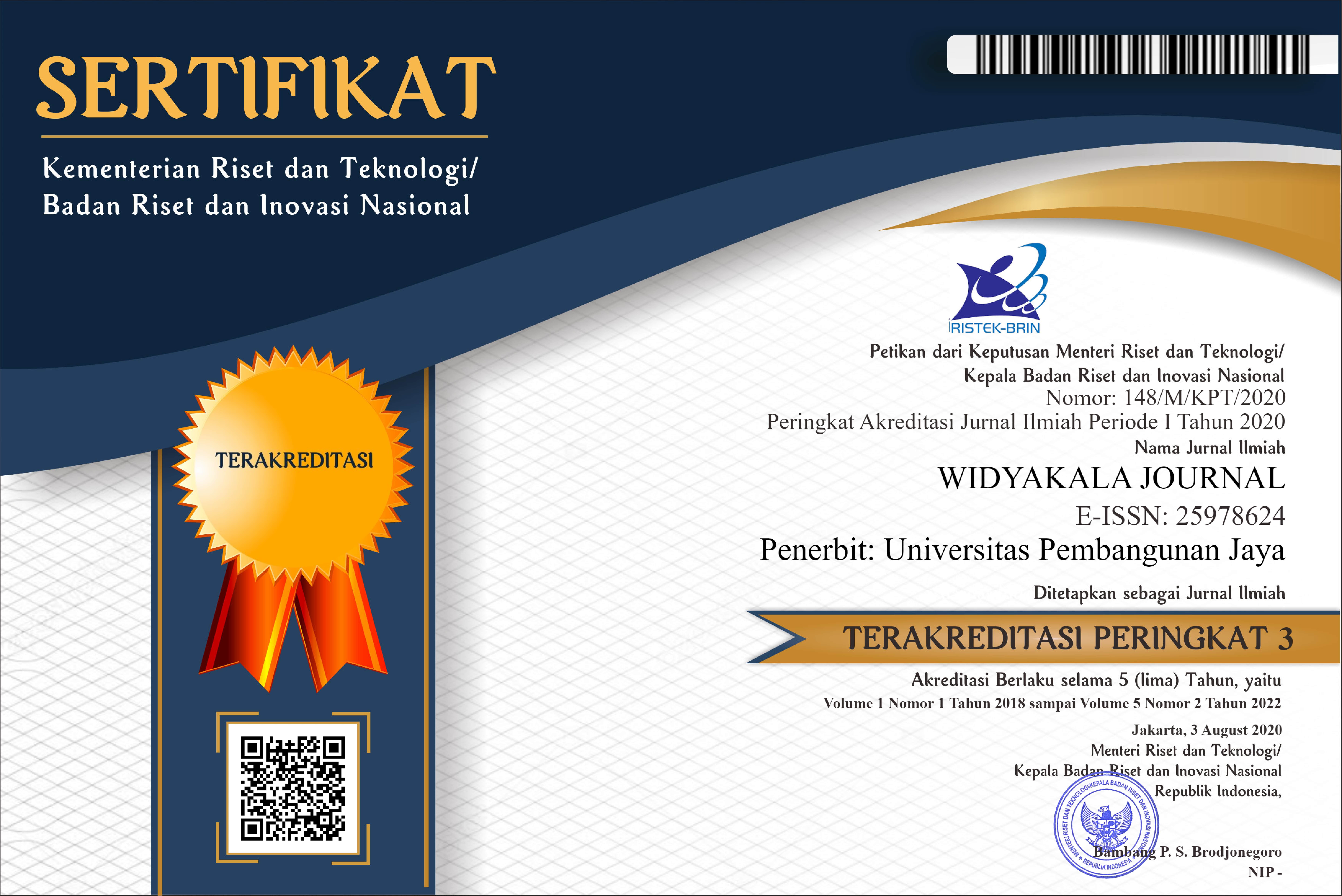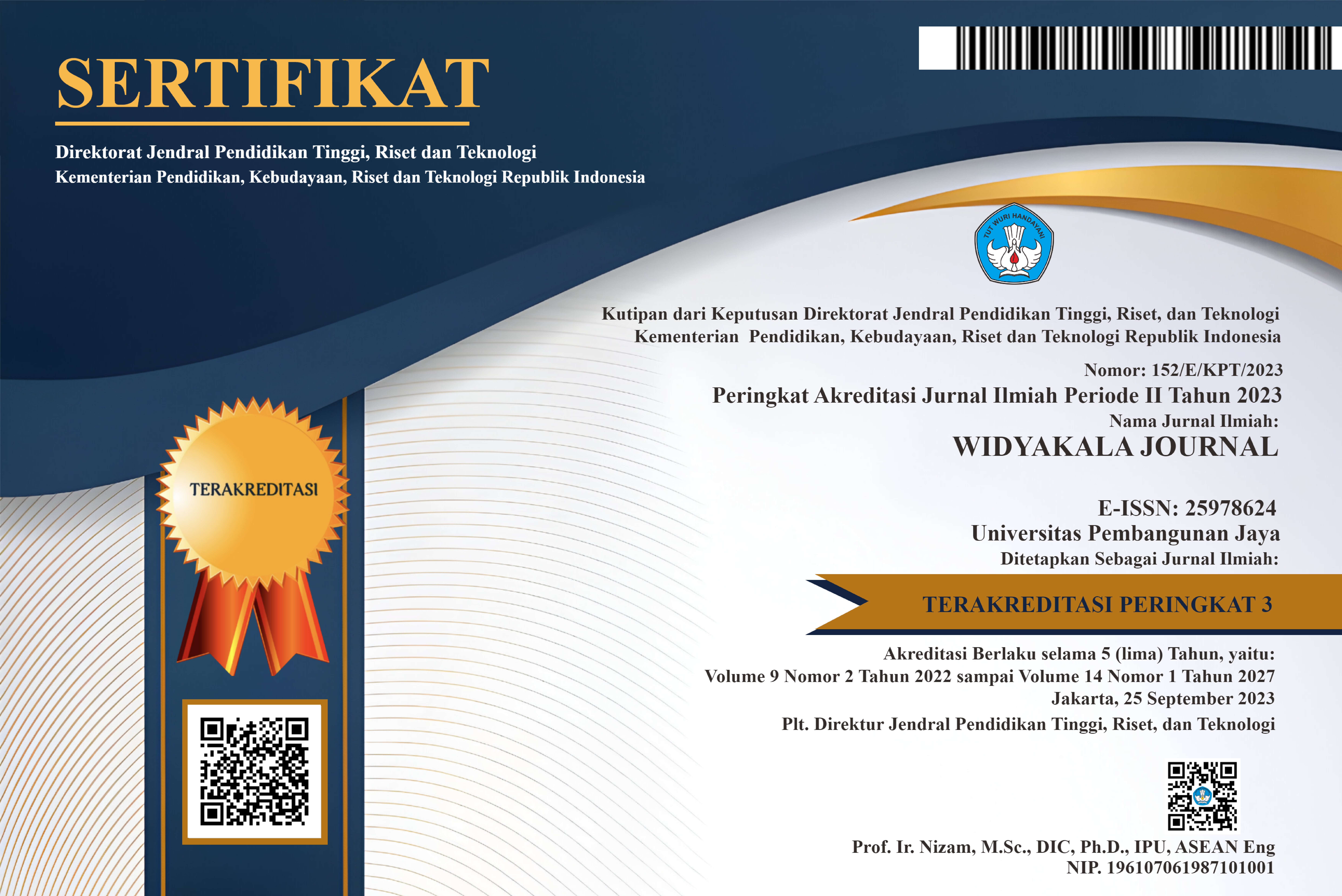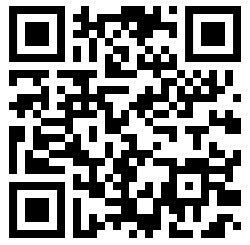Updated, March 2025
The Influence of Self-efficacy on Resilience in Students Who Work in Thesis
Abstract
Students who are working on their final project often faced with various problems and pressures. They need to build self-efficacy to be able to increase confidence in achieving something. Self-efficacy is an individual’s belief in their ability to organize and take steps in solving certain problems or tasks. Individuals with high self-efficacy view difficult tasks as challenges to face rather than as threats to avoid. Respondents are highly committed to achieving its goals, respondents will also invest a high level of effort and strategic thinking to deal with failure. Resilience is the ability to thrive in the face of adversity in every individual whilst facing problems or pressure. By increasing resilience, humans can develop life skills such as communicating, realistic abilities in making life plans, and being able to take the right steps for their lives. This study was conducted to determine whether self-efficacy has an effect on resilience. The research design used in this study is a quantitative research design with a sample of 75 people and the population of this study is students who are working on a thesis. The data were first analysed for validity, reliability, and followed by simple regression analysis. The results showed that self-efficacy had an effect on the resilience of 30,5% and a significant value of p = .000 (p<0.05), testing the effect of the dimensions of self-efficacy on resilience showed results that strength has the greatest influence on resilience.
Keywords
Full Text:
PDFReferences
Arnett, J. J. (2000). Emerging adulthood: a theory development from the late teens through the twenties. American Psychologist, 55(5), 469 – 480.
Bandura, A. (1977). Self-efficacy: Toward a unifying theory of behavioral change. Psychological Review,84(2), 191-215. doi:10.1037//0033-295x.84.2.191
Bandura, A. (1997). Self-Efficacy, The Exercise of Control. New York: W.H. Freeman and Company
Connor, K. M., & Davidson, J. R. T. (2003). Development of a new resilience scale: The connor-davidson resilience scale (CD-RISC). Depression and Anxiety, 18, p. 76-82.
Dong, F., Nelson, C., Shah-Haque, S., Khan, A., & Ablah, E. (2013). A modified CD-RISC: Including previously unaccounted for resilience variables. Kansas Journal of Medicine, 6(1), p. 11-20.
Everall, R. D., Altrows, K. J., & Paulson, B. L. (2006). Creating a Future: A Study of Resilience in Suicidal Female Adolescents. Journal of Counseling & Development,84(4), 461-470. doi:10.1002/j.1556-6678.2006.tb00430.
Goulão, M. de F. (2014). The Relationship between Self-Efficacy and Academic Achievement in Adults’ Learners. Athens Journal of Education, 1(3), 237–246.
Grotberg, E. H. (1995). A guide to promoting resiliency in children: Strengthening the human spirit. Early Chidhood Development: Practice And Reflections, 8.
Gravetter, F.J., & Wallnau, L.B. (2016). Statistics for behavioral sciences. Belmont,CA: Wadsworth, Cengage Learning.
Hadi, S. (2015). Pengertian metode penelitian kuantitatif. Diunduh dari http://www.maribelajarbk.web.id/2015/07/pengertian-metode-penelitian- kuantitatif.html
Hamill, S. K. (2011). Resilience and self-efficacy: The importance of efficacy beliefs and coping mechanism in resilient adolescents. Colgate University Journal of the Sciences, p. 115-146.
Herman, H., MD, Stewart, D. E., MD, Grandos, N. D., MSc, DPhil, E. L., Jackson, B., PhD, & Yuen, T., BSc. (2011). What Is Resilience? La Revue Canadienne Psychiatrie,56(5), 258-265.
Goulão, M. de F. (2014). The Relationship between Self-Efficacy and Academic Achievement in Adults’ Learners. Athens Journal of Education, 1(3), 237–246.
Lidiawati, K. R., Sinaga, N., & Rebecca, I. (2020). Peranan efikasi diri dan intelegensi terhadap prestasi belajar pada mahasiswa di Universitas XYZ. 7(2), 110–120. https://doi.org/10.24843/JPU.2020.v07.i02.p10
Lukito, A. C., Lidiawati, K. R., & Matahari, D. (2018). Sense Of Community dan Self-efficacy Pada Mahasiswa Yang Mengikuti Komunitas Kesenian. Jurnal Psikologi Talenta,4, 1st ser., 10-20. http://dx.doi.org/ 10.26858/talenta.v4i1.6431
Maddux, J. E. (2013). Self-efficacy, adaptation, and adjustment: Theory, research, and application. New York, NY: Plenum Nisfiannoor, M. (2009). Pendekatan Statistika Modern Untuk Ilmu Sosial. Jakarta: Salemba Humanika.
Pidgeon, A. M., Rowe, N. F., Stapleton, P., Magyar, H. B., & Barbara, C. Y. L. (2014). Examining Characteristics of Resilience among University Students: An International Study. Open Journal of Social Sciences, 2, 14- 22.
Pratiwi, D. & Lailatushifah, S. N. F. (2012). Kematangan emosi dan psikosomatis pada mahasiswa tingkat akhir. Jurnal Psikologi Universitas Wangsa
Sari, P. K. P., & Indrawati, E. S. (2016). Hubungan antara dukungan sosial teman sebaya dengan resiliensi akademik pada mahasiswa tingkat akhir jurusan x fakultas teknik universitas diponegoro. Jurnal Empati, 5(2), 177-182.
Slamet. 2003. Belajar dan Faktor-Faktor Yang Mempengaruhinya. Jakarta: Rineka Cipta.
Salehi, A., Harris, N., Coyne, E., & Sebar, B. (2014). Perceived control and self-efficacy, subjective well-being and lifestyle behaviours in young Iranian women. Journal of Health Psychology,21(7), 1415-1425. doi:10.1177/1359105314554818
Triyana, M., Hardjajani, T., & Karyanta, N. A. (2013). Hubungan antara resiliensi dan stres dalam menyusun skripsi pada mahasiswa program studi psikologi fakultas kedokteran universitas sebelas maret. Universitas Sebelas Maret, Surakarta.
Tri Utami, C. T. & Helmi, A. F. (2017). Self-efficacy dan resiliensi: Sebuah tinjauan meta-analisis. Buletin Psikologi, 25(1), 54-65.
Yendork, J. S., & Somhlaba, N. Z. (2015). Do Social Support, Self-efficacy and Resilience Influence the Experience of Stress in Ghanaian Orphans? An Exploratory Study. Child Care in Practice,21(2), 140-159. doi:10.1080/13575279.2014.985286
Warsito, H. (2009). Hubungan Antara Self-efficacy dengan Penyesuaian Akademik dan Prestasi Akademik (Studi Pada Mahasiswa FIP Universitas Negeri Surabaya). Jurnal Ilmiah Ilmu Pendidikan,9, 1st ser., 29-47.
DOI: https://doi.org/10.36262/widyakala.v8i1.374
Refbacks
- There are currently no refbacks.
Copyright (c) 2021 WIDYAKALA: JOURNAL OF PEMBANGUNAN JAYA UNIVERSITY

This work is licensed under a Creative Commons Attribution-ShareAlike 4.0 International License.
Redaksi Jurnal Widyakala
Lembaga Penelitian dan Pengabdian Kepada Masyarakat (LP2M)
Universitas Pembangunan Jaya
Jalan Cendrawasih Raya Blok B7/P, Sawah Baru, Ciputat, 15413
Telp : 021-7455555 ext 1311
widyakala.journal@upj.ac.id

